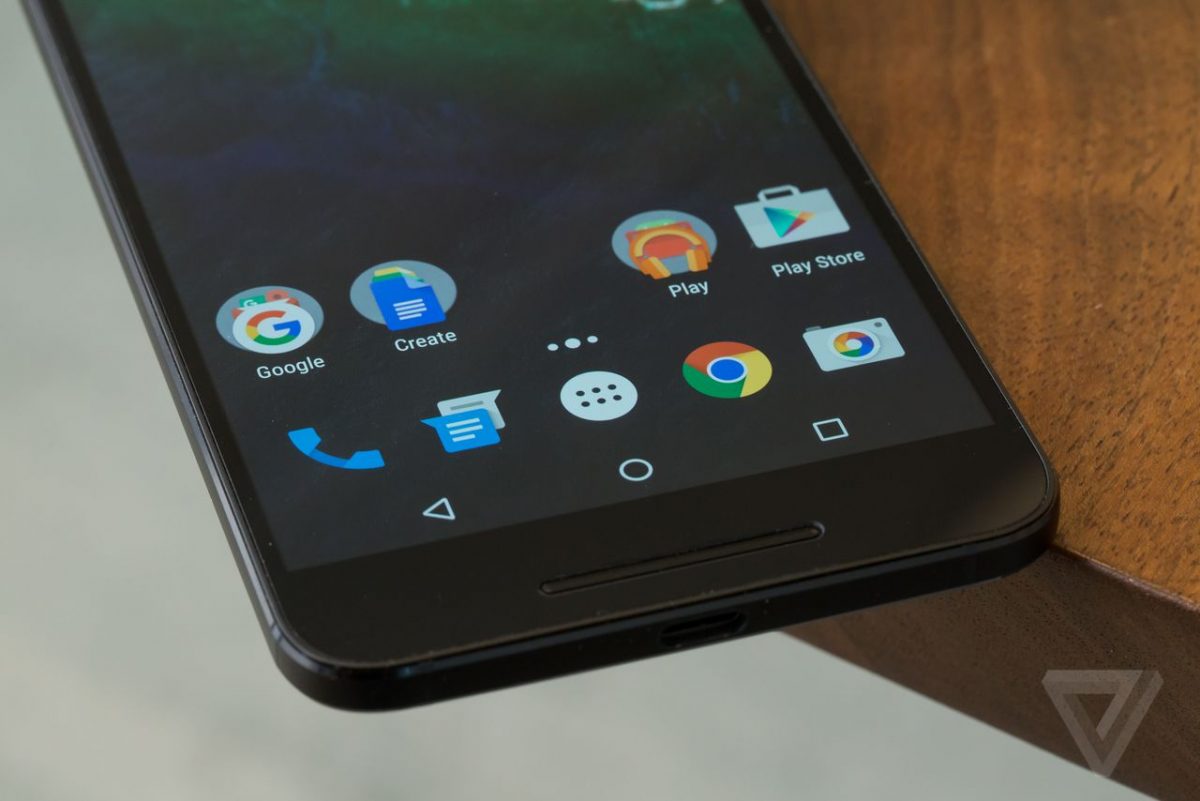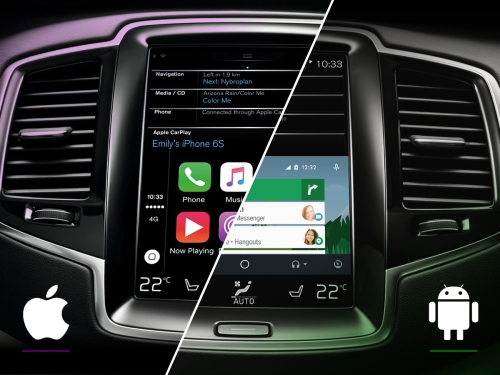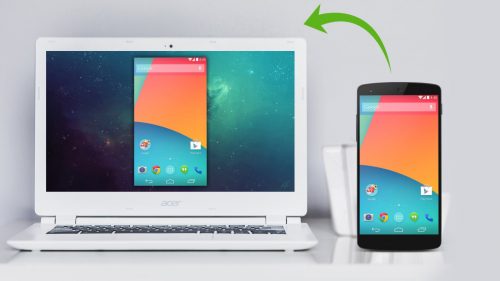Has someone ever borrowed your phone with the reason that they want to make a phone call and ended up browsing through your entire Photos, WhatsApp and Instagram? Yeah, me too, and I didn’t like it, but what could I do?
Thanks to the folks at Mountain View, there is a solution to this. Starting from Android 5.0 Lollipop, you can activate Screen Pinning!
Whenever enabled, Screen Pinning allows you to secure your gadget so the individual using it just has access to one application – the one you have pinned! Without a doubt, this is an advantageous element for individuals who regularly offer their gadgets to kids for a game session or a companion who wants to check their email.
The actual process of pinning takes two taps and is accessible at anytime. You can only pin the last app you accessed, so before following the steps below, launch the app you’re going to pin.
- Go to Settings -> Security -> Screen Pinning. Toggle the on button
- Open the app you want to pin and click on the Overview button. In my case, I want to pin Solid Explorer
- You will notice a Pin at the right side of the app you want to pin. Click on the pin. Now screen is pinned! The kid/companion can’t get into any other app unless they know your password
Once the app is pinned, the user can navigate anywhere within the app but can’t leave it. So if you pin Chrome, the user will be able to browse the Internet, but that’s it.
To unpin, touch and hold Back and Overview at the same time. You will be sent to the lock screen where you can enter your password (if set) and unpin. Your device will switch to the overview screen.
With the capacity to bolt the screen to a solitary application, we don’t need to stress over pranksters disturbing our settings or snoopy individuals diving around in our private stuff. This will likewise be an extraordinary path for folks to hand their telephone over to a child to play an amusement. Remember, there is no real way to square elements within an application, so individuals can even now meander through your contact list in the dialer or hit web history in the event that you’ve stuck your program. Still, this is obviously better than giving someone complete access to one of our most critical instruments.
Featured image: theverge.com




